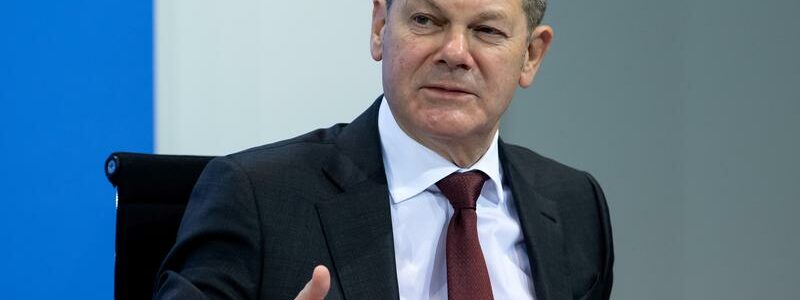
Germany's Scholz congratulates Yellen, wants to tackle digital tax
BERLIN (Reuters) – German Finance Minister Olaf Scholz on Tuesday welcomed the U.S. Senate confirmation of Janet Yellen as first woman Treasury secretary, voicing hope that she could bring progress in reaching an international agreement on digital taxation.
“Congratulations to the United States for making this outstanding choice! Janet Yellen is a very impressive person,” Scholz said, adding that he was very much looking forward to working together with the former chair of the Federal Reserve.
Scholz told Reuters that Europe and the United States were natural partners as both shared the same values. “I am convinced that together we are stronger. Together we can achieve more for our citizens,” he added.
For Berlin, key issues on the agenda with the U.S. in the coming months are the taxation of the digital economy and a global minimum effective tax for companies.
“I am counting on making decisive progress and reaching an agreement at OECD level this summer,” Scholz said. “The coronavirus pandemic is showing us once again how important it is for all companies to pay their fair share.”
The Organisation for Economic Cooperation and Development outlined last year the first major rewriting in a generation of international rules for taxing cross-border businesses, such as Google, Apple and Facebook.
Nearly 140 countries involved in the talks agreed in October to keep negotiating until mid-2021 after discussions stalled as Washington became reluctant to sign up to an international deal ahead of the U.S. presidential election.
As a mid-term goal, Germany wants to see negotiations between the European Union and the U.S. on lowering tariffs and establishing a transatlantic carbon emissions trading scheme which could serve as a blueprint for a global system.
Source: Read Full Article